How to Become Bilingual: Miyakoan and Japanese
On October 26th 2016, I did the second part of my seminar on “History and Culture of our Homeland” in Miyakojima-shi
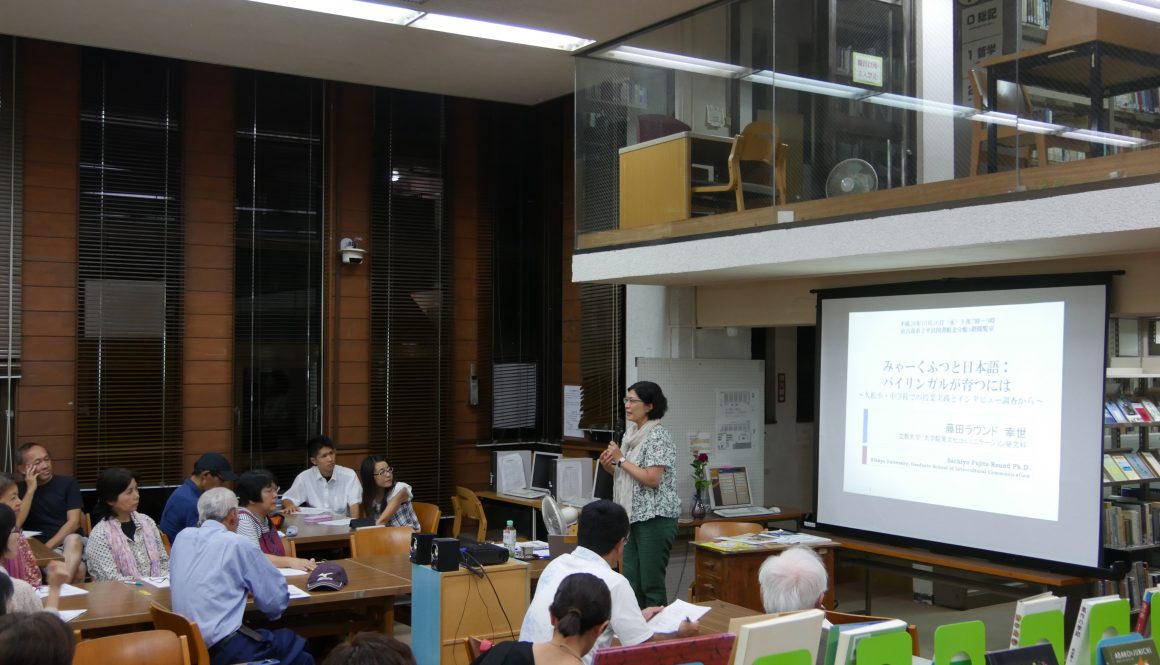
On October 26th 2016, I did the second part of my seminar on “History and Culture of our Homeland” in Miyakojima-shi
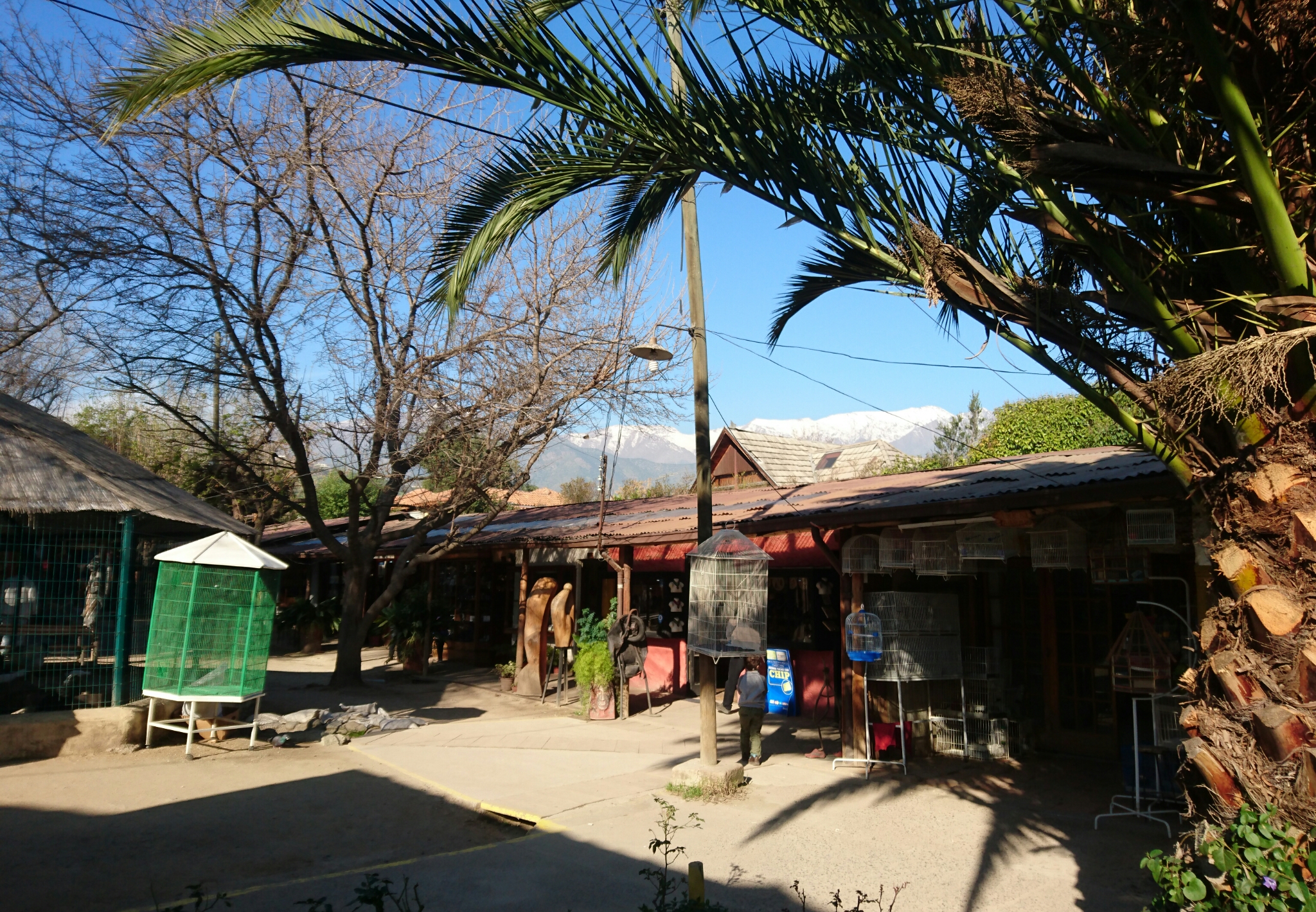
Part 1: A Month In Santiago, Chile (1) Souvenir Shopping In Santiago My next visit was the “Centro Artesanal Los Dominicos”; a small traditional looking ‘village’ (there even was a church outside) with artesian shops and cafes. The prices are slightly expensive according to locals, but it was a good place to get souvenirs. They also sell animals (mostly birds) so there were parents who took their children here instead of a zoo. I got some alpaca/llama key chains (yes, those you can find in most South American countries) and a pair of earrings made of “lapis lazuli” as a souvenir. Chile is famous for this precious stone. It’s […]
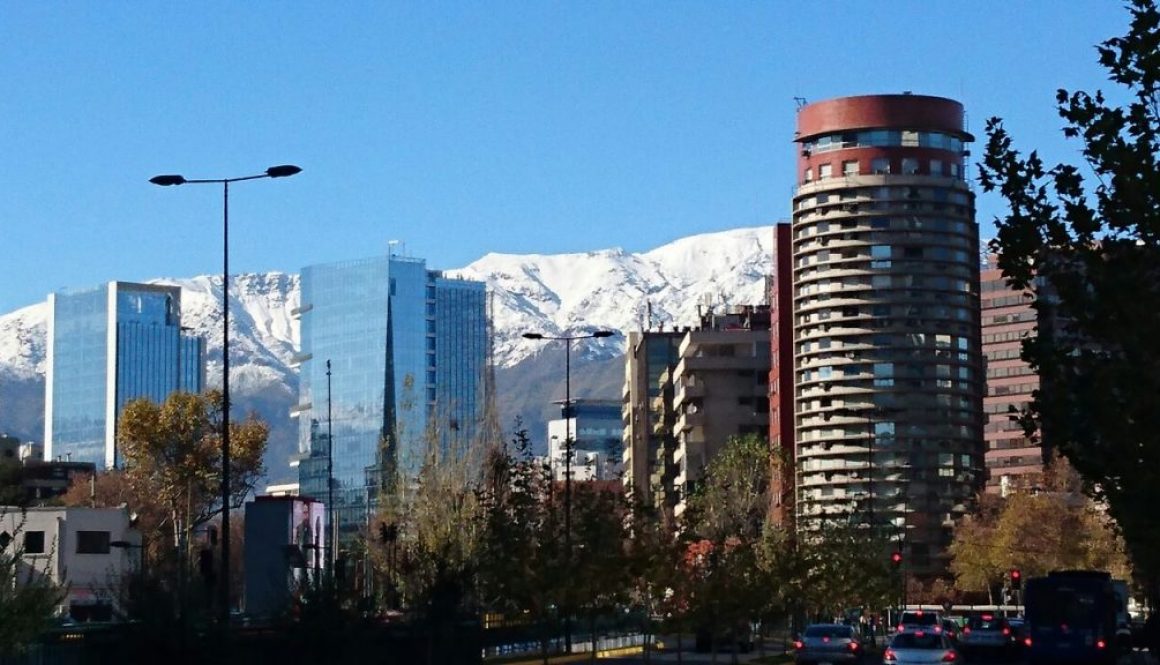
Since my family moved recently, I decided to spend my summer holidays (it was more of a winter holiday) to spend it in Chile’s capital city; Santiago. I was there for about a month and stayed at my parents’ apartment. The view of The Andes Mountains in Chile/Argentina from the plane (photo by my father on a business trip). As soon as I got off the plane I regretted not taking my winter coat as hand luggage. It was freezing. Since Japan is in the north hemisphere and Chile in the south, the seasons are opposite. So I was, of course, wearing summer clothes. My parents’ apartment was a 30-40 […]
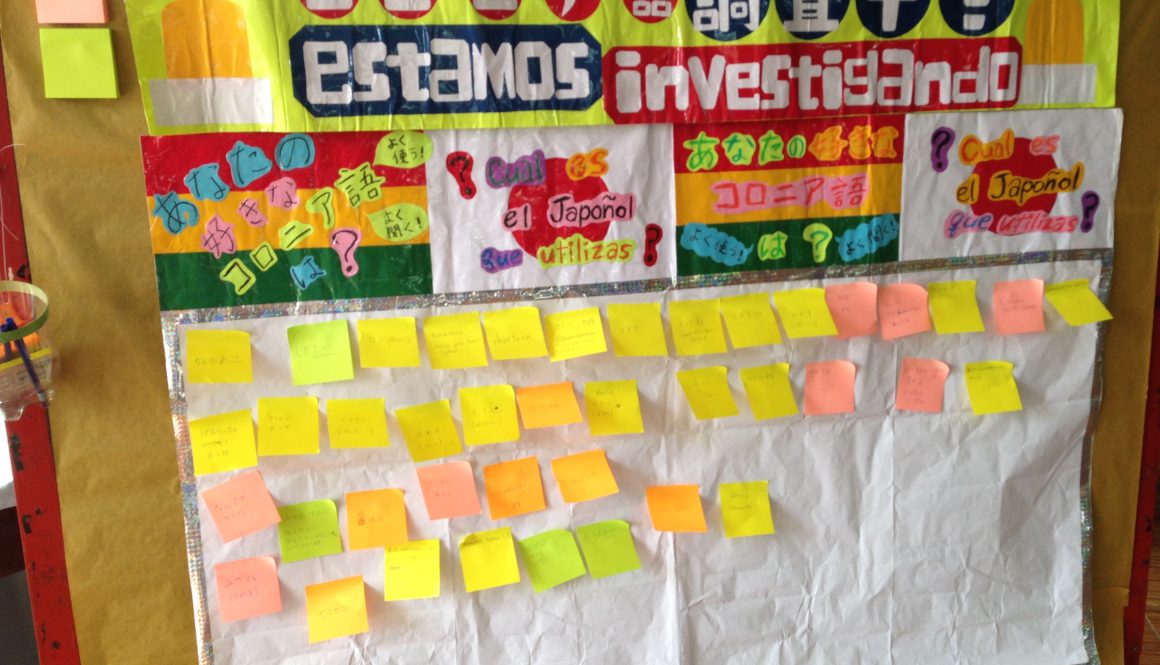
I was in charge of the Japanese booth. The goal of this booth was for Bolivians to learn about Japan and out culture so I decided to write people’s names in Japanese, and while playing bull’s eye learning how to greet someone in Japanese.
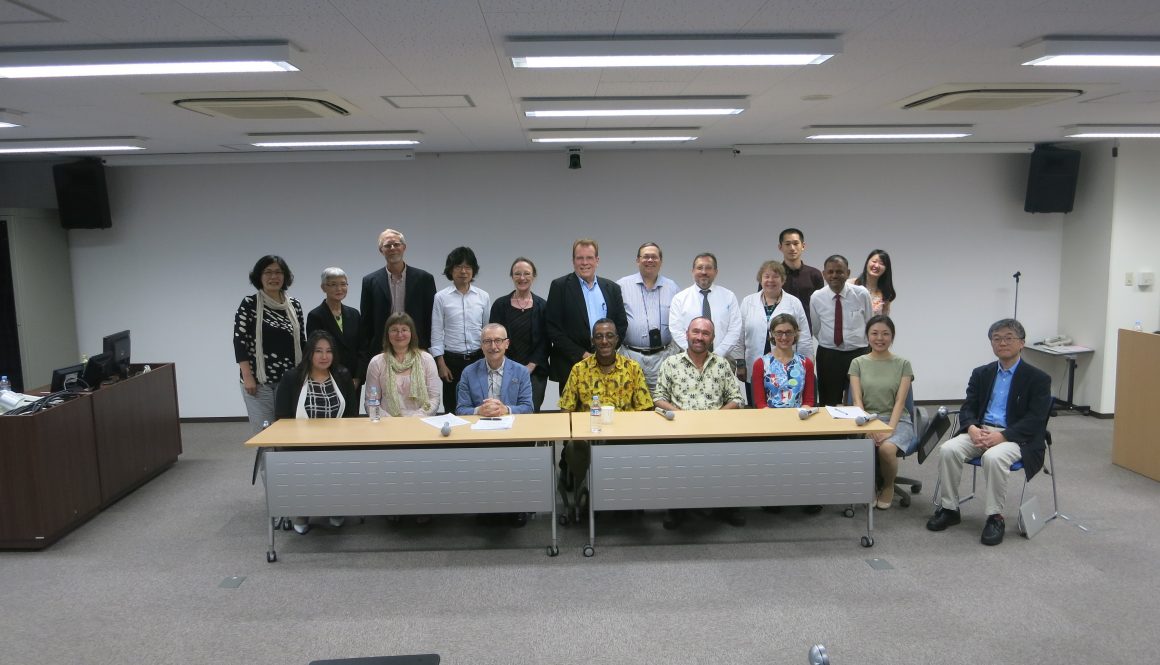
We have learned on the topic of, ‘Migration, Migrants and Language’ from the presentations covering quite various areas of the world.
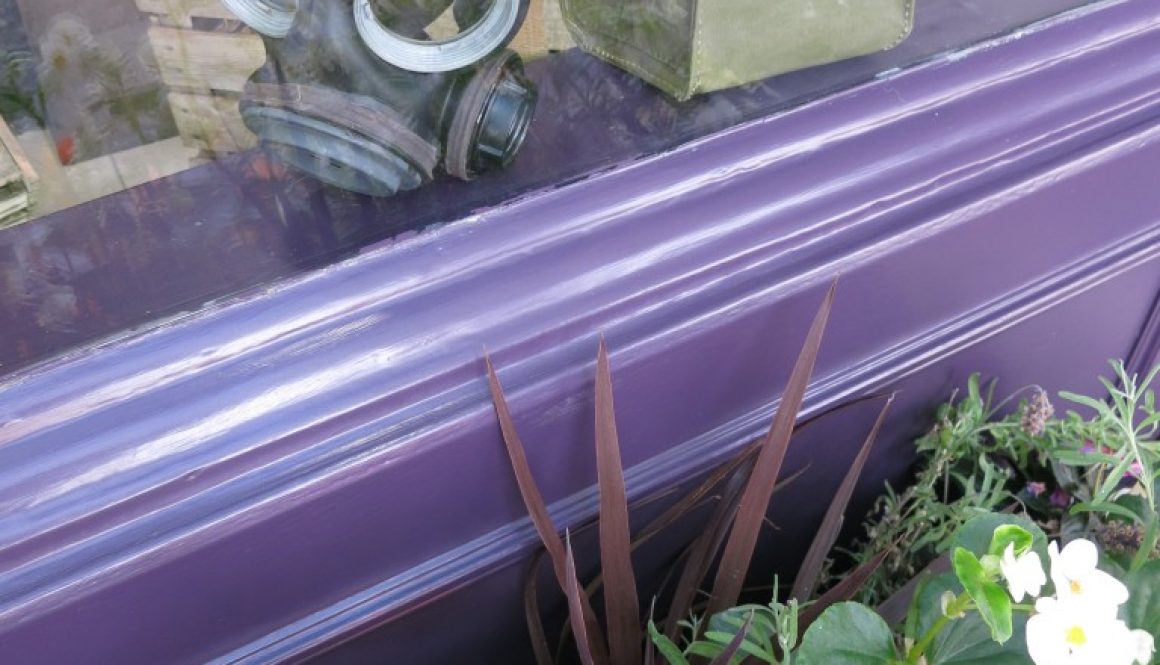
Language言語: English/日本語 Lytham 1940s War Time Festival was organized and cooperated by the town. Those battle re-enactment field and commercial area were located on the grasses by the sea. However, when you went back to the town main street, you could also immerse yourself in the mood of 1940s by looking at shop windows and even watching the people who dressed up in 1940s. リズム1940年の戦争時をテーマにしたフェスティバルは街によって運営され、また、街をあげて協力している。前に説明した戦闘の再現を行うフィールドと商業エリアは海辺のそばの芝生に位置していた。しかし、街の目抜き通りに戻れば、店のショーウィンドウに目をやったり、1940年代の服に身を包んだ人たちを観察すると、すっかり1940年代の雰囲気に浸ることができる。 Lytham is a small but elegant town. Yet it is a living town, so there are of course the usual fish shop and vegitable shop are on the main street as well. リズムは規模は小さいものの上品な感じのする街だ。それと同時に人々が生活をする街でもあるので、もちろんのこと日常の魚屋や八百屋も目抜き通りにある。 What I learned through this festival this time is how we understand the […]
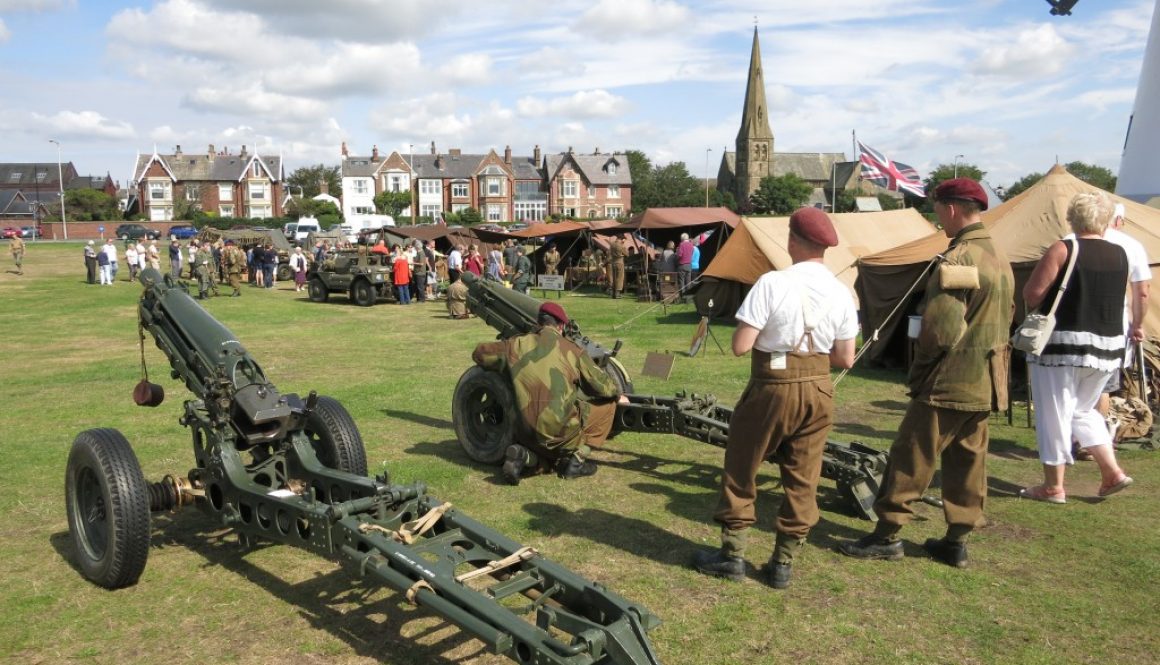
Language言語: English/日本語 On the 16th of Aug, the weather improved and I popped in the Lytham 1940s War Time Festival. 8月16日、お天気は昨日よりもよくなり、気持ちの良い午後に、リズムの1940年代戦争時をテーマにしたフェスティバルに寄ってみた。 Paul indicated that battle re-enactment field was divided from the commercial area. What is commercial area in terms of 1940s? First, I walked along glancing the whole stalls and tents; they were selling fashionable dresses, fancy hats and accessaries in 1940s, so as soldier’s uniforms, helmets, etc. The music in the war time perhaps was played in the large tent, too. Ok, all these markets looked very familiar as a festival. Somthing people can have fun. そういえば、ポールさんが戦闘の再現する場所と「営利目的」のエリアとは区別されているといっていた。1940年代をテーマにした「営利目的」のエリアとは何だろう。まずは、全体の屋台やテントをざっと歩いてみる。屋台やテントでは当時の流行だった女性のドレス、飾りのついた帽子やアクセサリーを売っていたり、兵士の軍服やヘルメットまであった。大きなテントでは当時のものと思われる音楽もかけられている。なるほど、屋台エリアはお祭りっぽい。来場者が楽しめる感じだ。 In the opposite side of the area, I saw series of war time airplanes […]
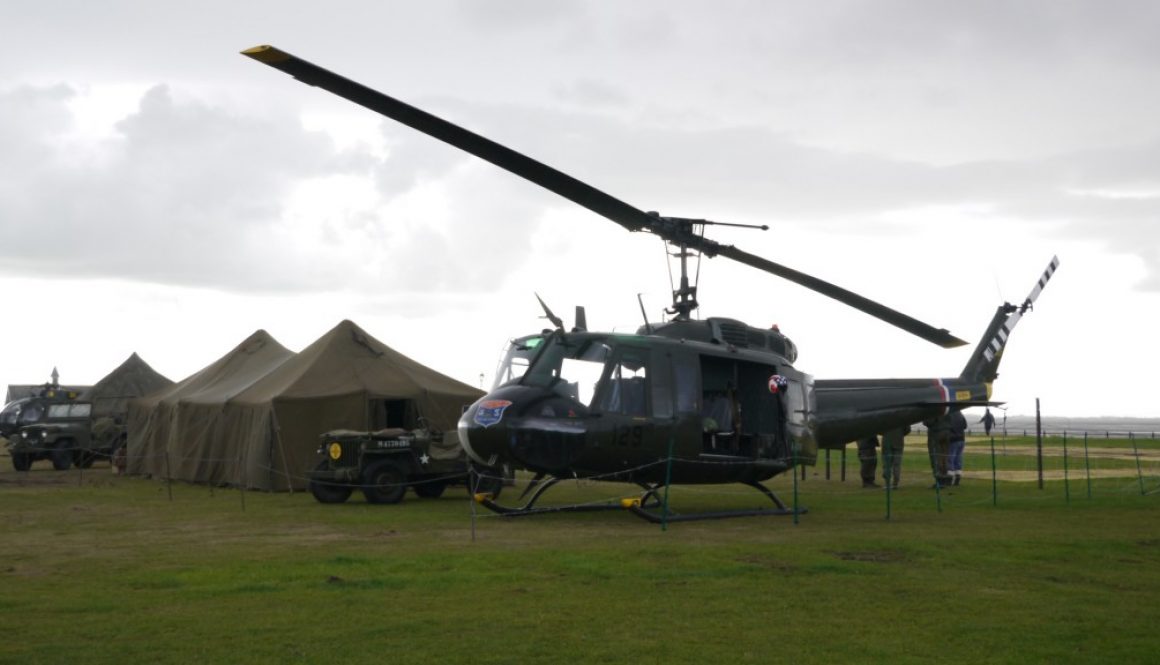
Language言語: English/日本語 Very luckily, the man in the uniform, Paul, is a history teacher and he explained about this battle re-enactment, as the way I wanted. He was dressed in German soldier’s uniform and he explained that it would be a battle re-enactment in the afternoon, a battle between British, American and German teams (mock armies?). The main purpose for this battle is to re-enact the war time and makes his students/younger generation know how the war was like, he said. It sounded more like experitential excercise of education. Ok, I felt relieved, in one way, because being a Japanese I was the enemy for British & American armies in war […]
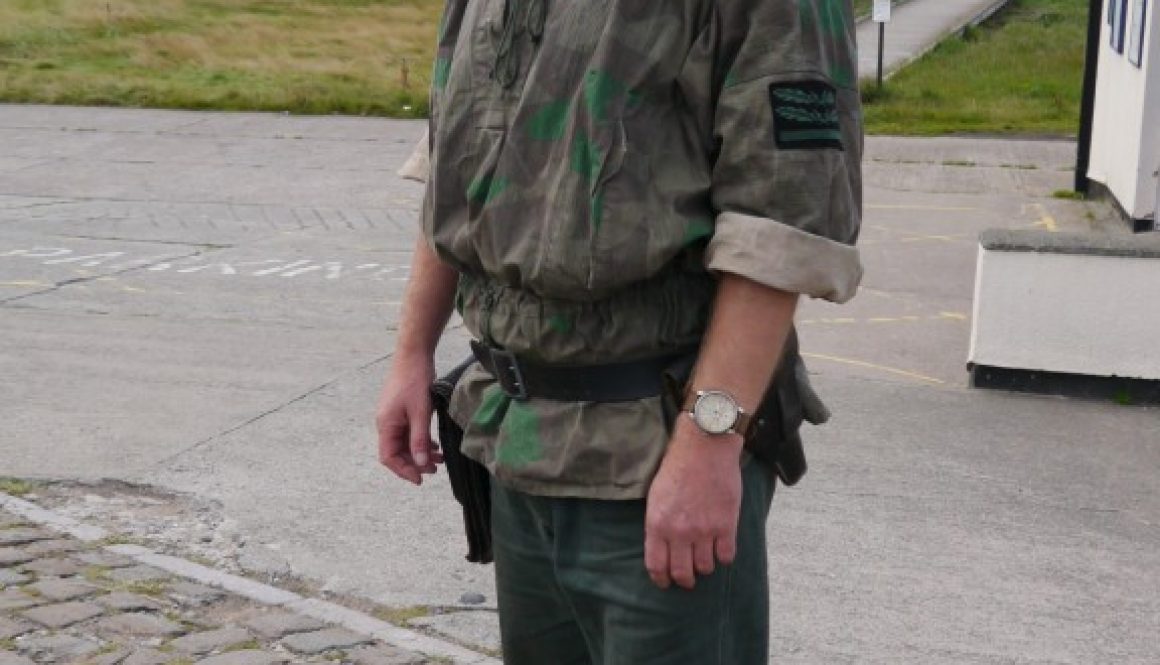
Language言語: English/日本語 This year I happened to be in Lytham, the north of England, on the day of Aug 15. The end of WW2. This year is 70th year since the war ended. I was wondering how British people will see or do on this day. If I was in Japan, our local goverment announcement through the public speaker to remind us about the day, I would stop the things I was doing and close my eyes to pay the respect and think of the dead, victims of the wars and nuclear bombs, in Hiroshima, Nagasaki and Okinawa, though only within my limited imagination of what happened to them. 今年の8月15日に、私は北イングランドのリズムの街に滞在している。第二次世界大戦の終戦日。今年は戦後70年にあたる年。私はイギリスの人たちがこの日をどのように捉えて何をするのだろうと思いを巡らしていた。もし、私が日本にいたならば、自治体のスピーカーから終戦記念日であることを知らせるアナウンスがあり、それと共に私は仕事の手をとめ、黙とうを捧げ、広島、長崎、沖縄の戦争と原子力爆弾の犠牲者、死者となってしまった人たちに思いをはせていただろう、彼らに何が起きたのかということは限られた想像力の範疇でしか思いを寄せることはできないが。 This […]
The other day, my family gathered to celebrate my great grandfather’s birthday. My great grandfather is the first generation of the immigrants who went to Peru. We went to mass to commemorate my great grandfather’s birthday, and then we discussed about the life story of my great grandfather who travelled such a long distance. About 100 years ago, he crossed the ocean from Japan to Peru with only 100 dollars in his pocket. In a foreign land, he managed to end up running 3 different hair salons. We all talked about how hard it must have been for him since there were wars going on back then and a lot […]